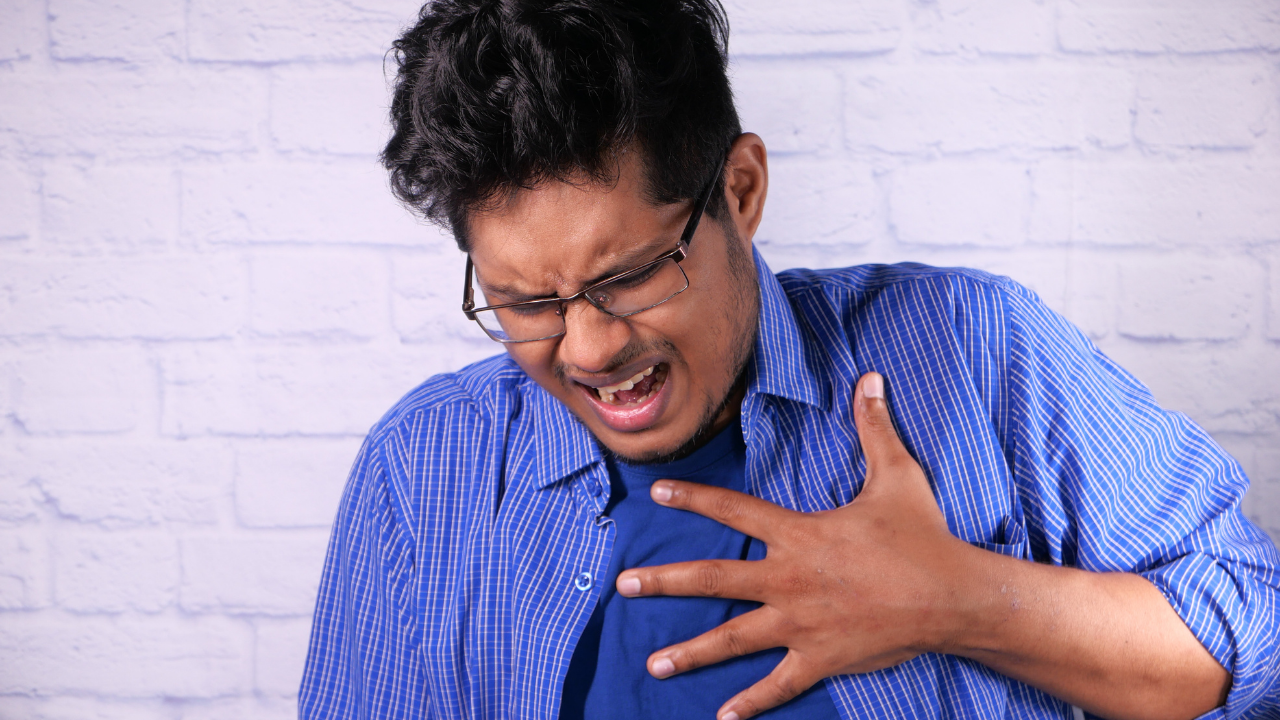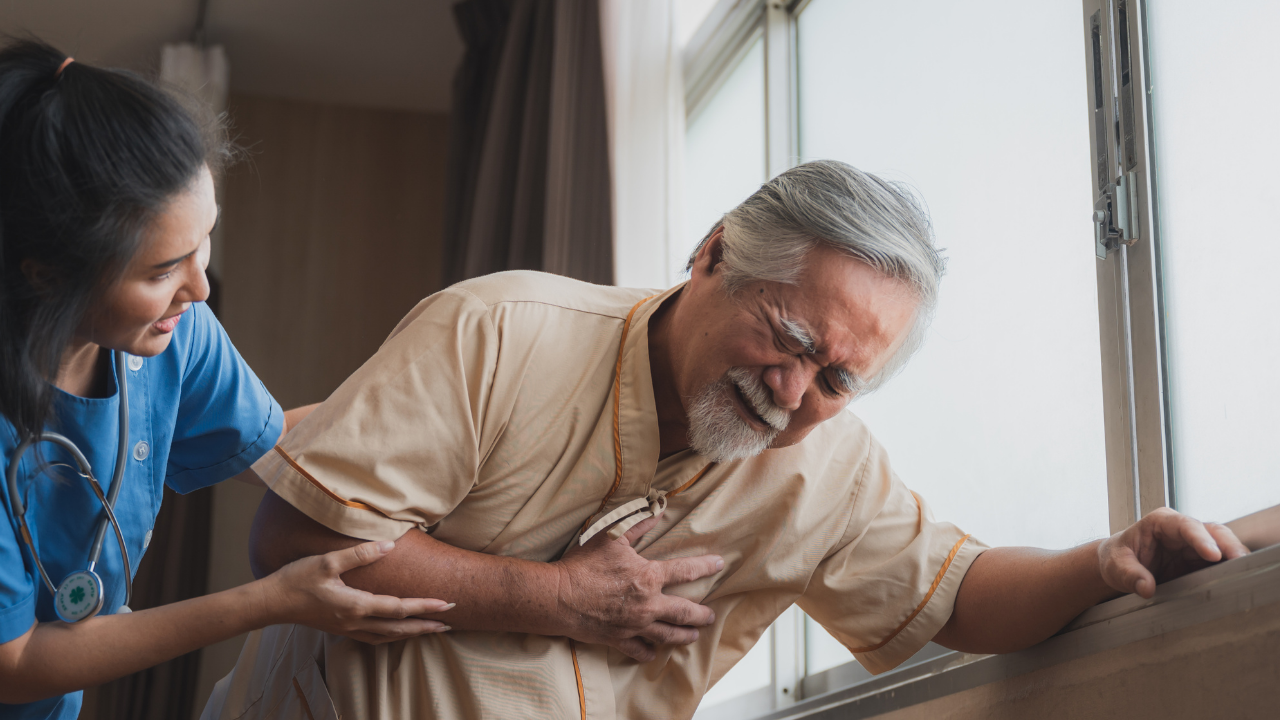
What causes a heart attack?
The heart is often referred to as the engine of the body, which plays a very critical role in sustaining life. It is not supposed to fail, and if it does, it causes a condition that can be fatal known as a heart attack. A heart attack, also known as a myocardial infarction, happens when an artery carrying blood and oxygen to the heart gets clogged. Over time, fatty, cholesterol-containing deposits build plaques in the heart's arteries. Blood clots can occur if a plaque ruptures. These clots can block the arteries and cause a heart attack. A shortage of blood supply causes tissue in the heart muscle to die during a heart attack.
However, understanding the early symptoms of a heart attack and getting immediate diagnosis and treatment is of utmost importance, as it can be the difference between life and death.
Symptoms of a heart attack
The symptoms of a heart attack may differ from person to person. Some people just have minor symptoms; others may suffer severe symptoms; and some people experience no symptoms. Here are some common symptoms of a heart attack:
Severe chest painChest pain or discomfort is the most common indication of a heart attack. During this, a tightness, pressure, squeezing, or burning sensation in the chest can be experienced. This ache may last only a few minutes, or it may come and go.

Pain spread to other areasThe pain may spread to other areas of the body, including the arms, typically the left arm, but both can be affected: the back, neck, jaw, or stomach. This pain radiation is typical of a heart attack and helps differentiate it from other diseases.
Shortness of breathEven in the absence of chest discomfort, many patients with heart attacks feel abrupt shortness of breath. This may happen before or after other symptoms.
Nausea and cold sweatsA heart attack might also be accompanied by excessive sweating and nausea or vomiting. Some people might confuse these symptoms with indigestion or the flu.
Treatment for a heart attack
As soon as a heart attack is identified, prompt and effective treatment is required to limit heart muscle damage and maximize the patient's chances of full recovery. Depending on the severity of the issue and the patient's overall condition, there are many treatment options for heart attacks. Here are some prominent treatment options:

Medications: Dr. Viveka Kumar, Principal Director & Chief of Cath Labs (Pan Max) - Cardiac Sciences, Max Super Speciality Hospital, Saket says, “Certain medications can help dissolve blood clots that are blocking coronary arteries, prevent the formation of new clots, lower the risk of further blockages, reduce chest pain, and help improve blood flow to the heart.”
Percutaneous Coronary Intervention (PCI): It is a technique that involves opening blocked or restricted coronary arteries with the help of a catheter that has a balloon tip. A stent, a tiny, mesh-like tube, can be implanted to keep the artery open and enhance blood flow.
Coronary Artery Bypass Grafting (CABG): CABG surgery may be performed in severe cases where several arteries are blocked or other treatments are ineffective. It involves making use of blood vessels from other parts of the body to bypass the blocked coronary arteries, allowing blood to flow to the heart through an alternate route.
Cardiac rehabilitation: Patients who have had a heart attack often benefit from cardiac rehabilitation programs. These programs provide exercise instruction, knowledge on heart-healthy living, and emotional support to clients in order to assist them in recovering and lowering their risk of future heart problems.
Changes in lifestyle:
Lifestyle changes can help avoid future cardiac problems. Adopting a heart-healthy diet, stopping smoking, coping with stress, and engaging in regular physical activity are examples of these changes.
The takeaway
Understanding the early symptoms and timely treatment of a heart attack is a matter of life and death. Time is of the essence when it comes to treating a heart attack, and the sooner medical intervention occurs, the better the chances of survival and a full recovery. By recognizing the signs and seeking immediate medical help, individuals can significantly improve their chances of surviving a heart attack and maintaining their overall heart health.







